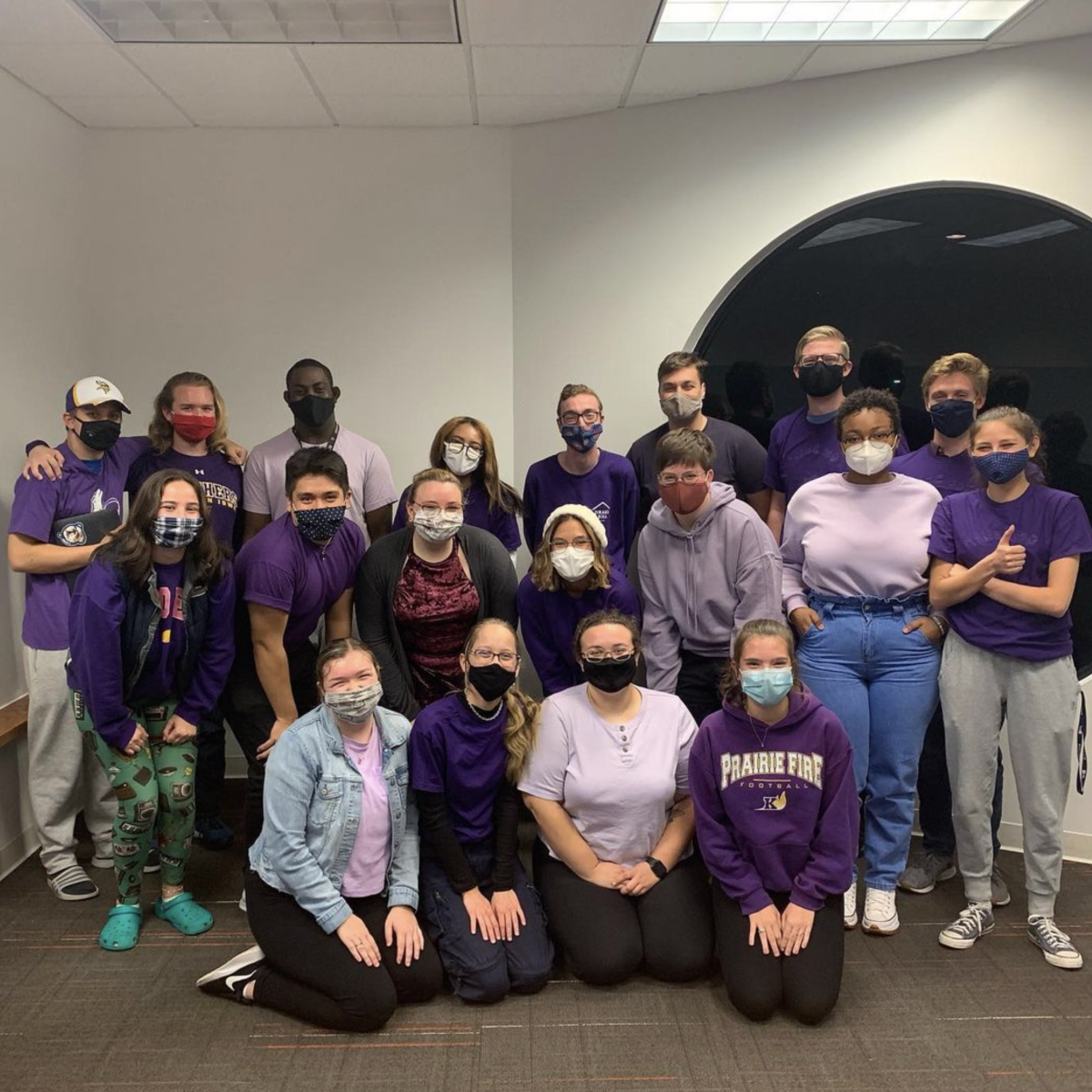On Nov. 1, Drake’s Residence Hall Association passed a budget of $17,743 for this year, up from $14,000 for the 2020-2021 academic year. While not RHA’s ideal budget of $21,276, the organization has been able to make cuts in line with its goals and set aside more funding for the spring semester.
“We’re super hopeful that it will be able to make us have bigger, better programming, that kind of thing, especially for our programming chairs,” said RHA president Anya Zarembski. “They were trying to plan their events this semester, but because we didn’t get a budget until late October … they were very conservative with how much money they were spending on their programs.”
RHA treasurer Matthew Williams said that the amount of money in the budget increases as the number of students living in the residence halls increases. Over the past four years, RHA has received an average of $18,763 for its budget, according to RHA advisor Randy McMullin.
RHA’s budget includes funding for the environmental, service, wellness and other types of programs that it organizes in Drake’s residence halls, as well a events such ass events such as Siblings Weekend. The organization also provides funding for other programming for students in the residence halls, including considerations of funding requests throughout the year.
One specific change the RHA executive board made this year was to add $250 to its funding of Dogtown After Hours, a large-scale alcohol alternative event held every year on campus.
“We historically, from what I understand, have given [Dogtown After Hours] $1,000 for their use,” Williams said. “Last year we did not give them any money just because of budget cuts; this year we were very glad to provide them with $1,250, a 25 percent increase, in recognition that we weren’t able to fund them last year.”
Dogtown After Hours co-chair Allison Burke said that without the funding from RHA last year, event organizers weren’t able to put on the same quality and number of events that they had previously. For example, she said they were only able to hire a caricature artist for a few hours instead of the whole event.
“We try to fill every room in Olmsted, and at this moment we are actually able to fill the rooms in Olmsted and have a couple activities outside that we’re claiming for this year, so definitely the number of events we’re able to bring has been affected by the amount of money that we have,” Burke said. “And we’re also looking at keeping the activities that we’re looking into going for the entire duration of the evening.”
Williams said that while RHA’s budget is $3,743 greater than last year’s budget, the organization still had to make cuts to balance its budget. The RHA board cut the gifts it usually gives to first-years at the start of the year and halved a $300 fund that is managed by the RHA president.
Williams said that RHA saved about $1900 when one of the conferences they attend each year went virtual. This helped the board make up the gap between their ideal budget and the $17,743 they are working with.
“Because again, programming is our organization’s top priority, so I was glad we were able to preserve those funds in this budget,” Williams said.
Williams said that RHA’s slush or “rainy-day” fund saw an increase to $2,148.40 from $1,100 last year. According to Williams, the RHA board can use this fund to approve funding requests that don’t fall into a budget category, for example.
Williams added that RHA also cut more funds than absolutely necessary to fund their budget, so the board has put $1,860.30 on hold for next semester. Zarembski said she thinks the board will evaluate their priorities in early February to determine what to do with this funding.
“So [the Programming Chairs] are able to go more all out next semester, which is super fun, and it just allows them to have more creative freedom with what they want to do for their programs,” Zarembski said.







